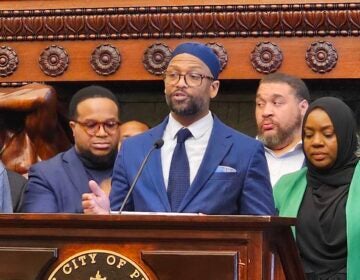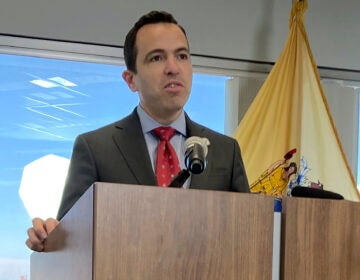Anthea Butler on ‘White Evangelical Racism’
Anthea Butler examines the racist roots and beliefs of the American evangelical movement in her new book, ‘White Evangelical Racism’
Listen 49:00
This episode was originally broadcast on December 28, 2021.
University of Pennsylvania professor and religion scholar ANTHEA BUTLER examines the racist roots and beliefs of the American evangelical movement in her new book, White Evangelical Racism: The Politics of Morality in America. Butler traces evangelical attitudes and activism from slavery and Reconstruction thru the civil rights era to the Trump presidency to make the case that racism is embedded in modern evangelicalism and the “Moral Majority” is really about preserving white Christian male supremacy.
Guest
Anthea Butler, professor in American social thought and chair of the department of religious studies at the University of Pennsylvania. Author of “White Evangelical Racism: The Politics of Morality in America.” (@AntheaButler)
Recommended reading
Los Angeles Review of Books, All the White Churches – “She lays bare the ways that white evangelicals have actively driven the worst of the United States’s most racist history, including slavery, dehumanization, the KKK, lynchings, segregation, whitewashed history, and the criminal justice system”
MSNBC, Trump, Republicans and white evangelicals are forming a powerful trifecta – “Evangelicalism is not only about a cultural whiteness; it’s also about a political whiteness.”
The New York Times, White evangelicals shun morality of power – “But what the movement has really been since the 1970s, said Butler, is “a political arm of the Republican Party.” As Butler put it, evangelicals now “use moral issues as a wedge to get political power.”
WHYY is your source for fact-based, in-depth journalism and information. As a nonprofit organization, we rely on financial support from readers like you. Please give today.





